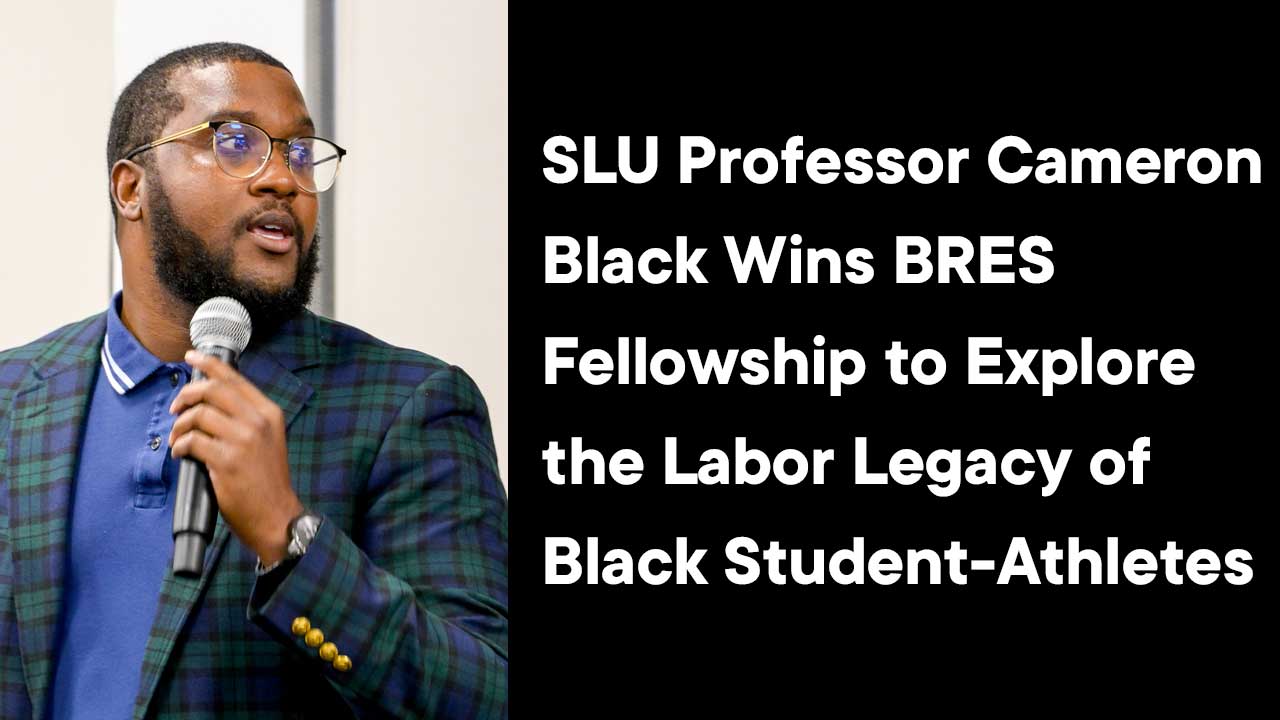College athletes bring in millions of dollars of revenue to their schools, but only in recent years have legal authorities opened the door to viewing them as college “employees” rather than students. SLU Assistant Professor of Labor Studies Cameron Black, however, has found that Black college athletes involved in 20th-century protest movements often were managed and disciplined as labor rather than as students. Black is thrilled to be named as one of 35 CUNY-wide BRES (Black, Race and Ethnic Studies) Faculty Fellows and receive financial support for further travel and research into his subject.“It means a lot to receive this fellowship. I’m really excited to join a vibrant scholarly community and be provided the opportunity to further advance my book manuscript,” said Black, whose specialties as a historian of the U.S. include the history of capitalism and 19th- and 20th-century labor and cultural history.
Black is working toward publishing a book expanding the work of his doctoral dissertation, which was entitled “From the Line of Scrimmage to the Picket Line: Student-Athlete Protest in an Age of Protest, 1968-1972.” The book manuscript is presently under review by a university press.
The dissertation examines four case studies: protests at the University of California-Berkeley in 1969, Syracuse University in 1970, Oregon State University in 1970, and the University of Wyoming in 1970-71. Student-athletes at all four universities protested within the larger context of contemporary Black liberation politics, pushing back against such restrictions as the amount of hair one could have, or the number of African American players on a team.
Now, Black plans to visit the archives of Harvard, Yale and the University of Michigan to deepen his scholarship. His fellowship cohort includes professors across many disciplines from 13 other CUNY campuses. “It’s an exciting fellowship indeed!” he said.

